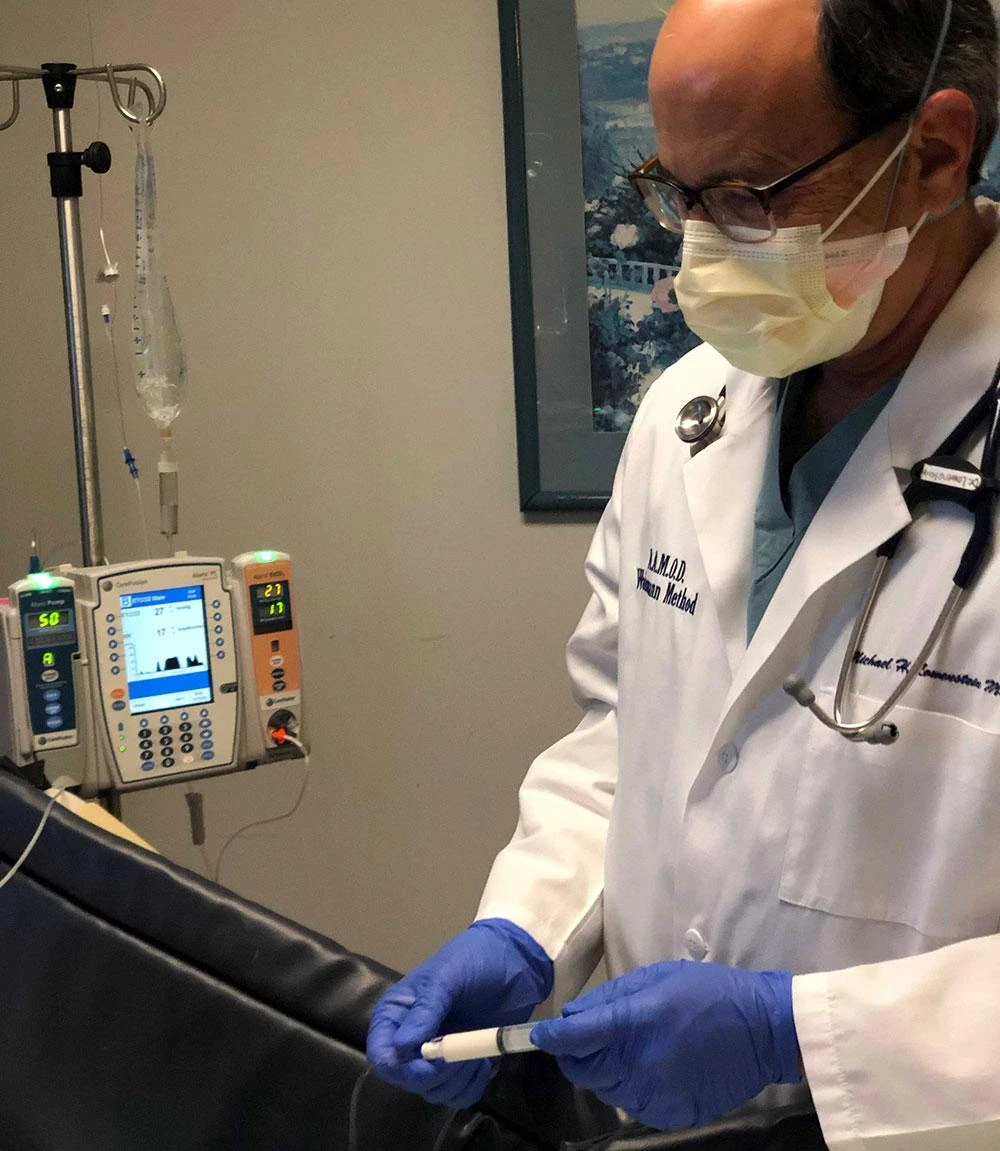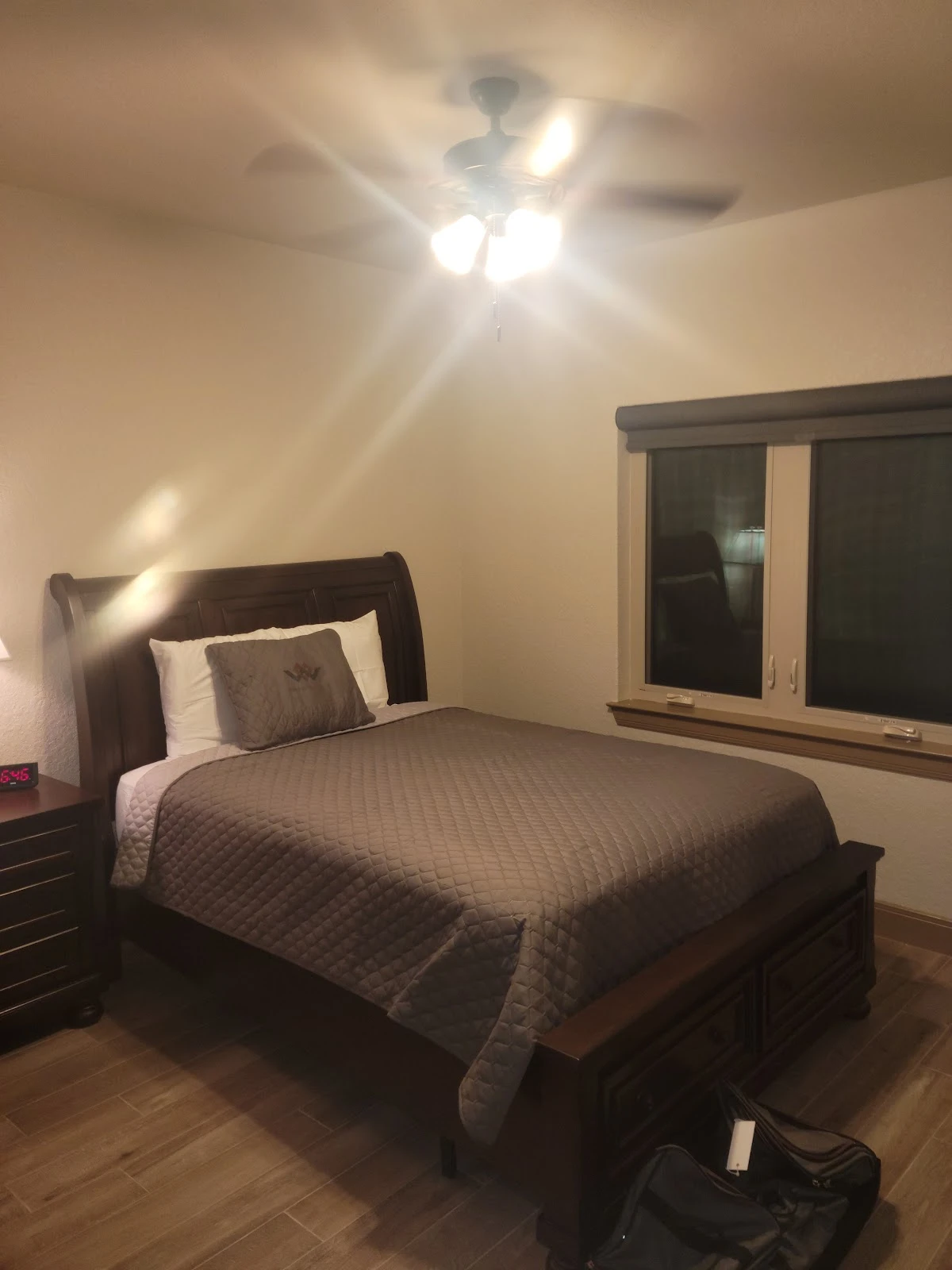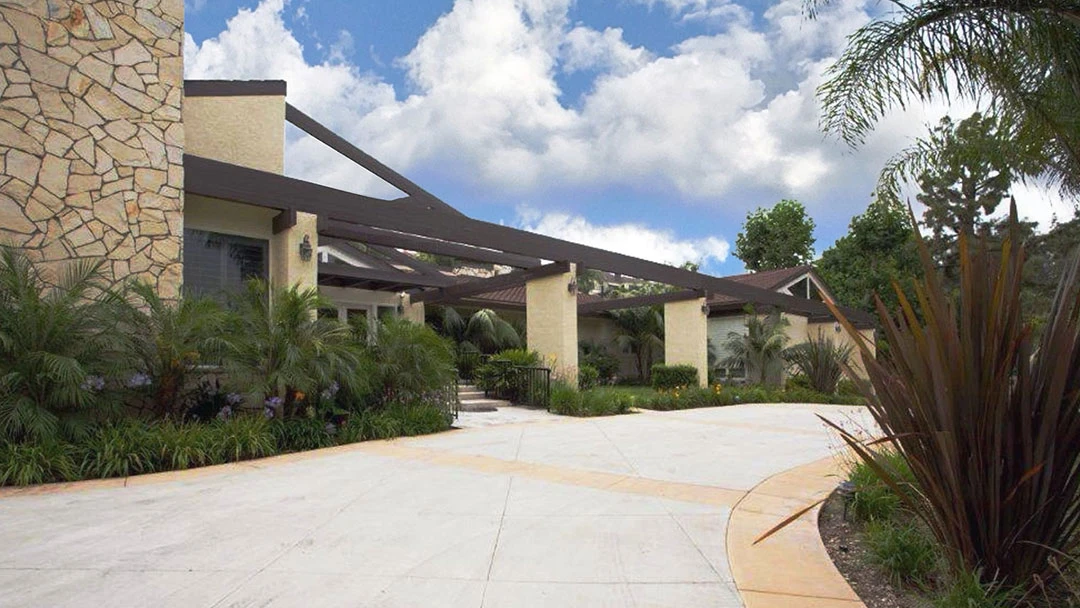Waismann Method - Opioid Detox Treatment Information
Treatment
Who We Treat
- Male and Female
Treatment Focus
- Alcohol
- Co-Occurring Disorders
- Drug Addiction
- Opioids
Approaches
- Individual Treatment
- Evidence-Based
- Medical
- 1-on-1 Counseling
- Yoga Therapy
Substances We Treat
- Alcohol
- Prescription Drugs
- Heroin
- Opioids
- Cocaine
- Synthetic Stimulants (Bath Salts)
- Synthetic Drugs
Languages
- English
Level of Care
- Outpatient
- Day Treatment
- Outpatient Detox
- Detox
- Residential Rehab
Experience
On-Site Amenities
- Pool
- Fitness Center
- Hot Tub
- Outdoor Dining
- Outdoor Lounge
- Recreation Room
Personal Amenities
- Air-Conditioned Rooms
- En Suite Bathroom
- Private Rooms
On-Site Activities
- Yoga
- Massage
- Physical Fitness
- Swimming
Accreditations
-
State department of health
Government agencies issue State Licenses, granting rehabilitation organizations permission to operate their businesses lawfully within specific geographic regions. The specific licenses needed for legal operation are typically determined by the type of rehabilitation program offered by the facility and its physical location.

-
The Joint Commission
The Joint Commission accreditation for addiction and behavioral health signifies that a facility has met rigorous standards in patient care, treatment, and safety. This recognition assures patients and professionals of the facility's commitment to providing high-quality, evidence-based care in the fields of addiction and behavioral health, fostering trust and confidence in their services.

-
NAATP
The National Association of Addiction Treatment Providers (NAATP) accreditation is a recognized standard within the field of addiction and behavioral health. This accreditation signifies that a treatment provider has undergone a rigorous evaluation process to ensure the quality and effectiveness of its programs and services. NAATP accreditation serves as a valuable marker of a provider's commitment to adhering to established industry standards, offering evidence-based treatments, and prioritizing the well-being of individuals seeking addiction and behavioral health support.

Additional Locations
Find the best treatment options. Call our free and confidential helpline today!















